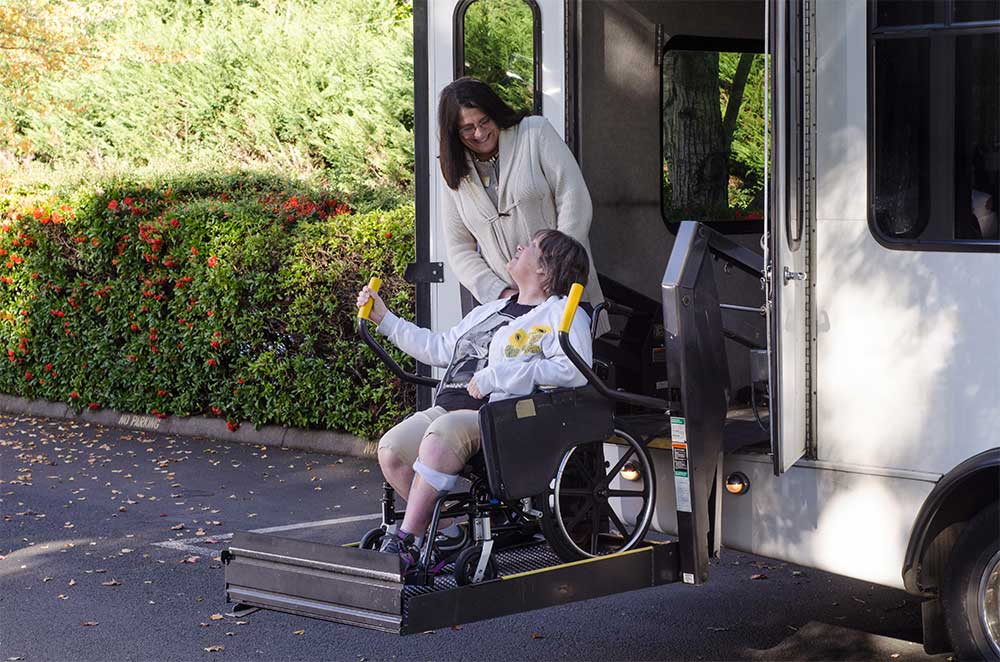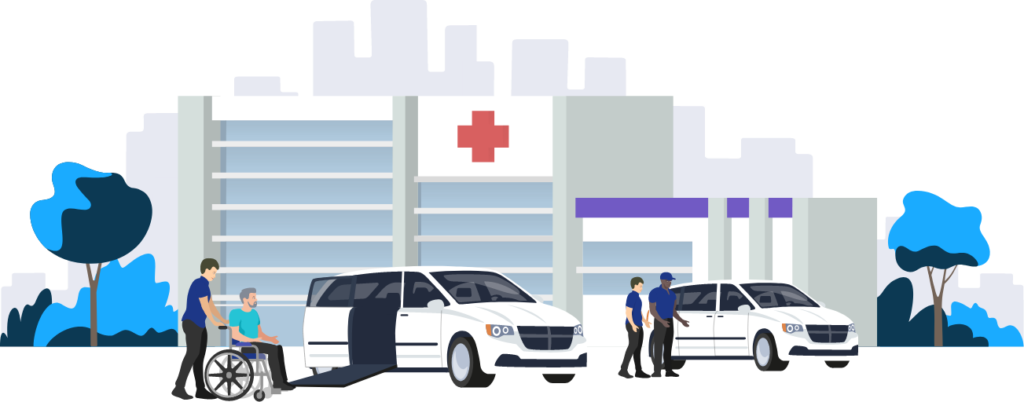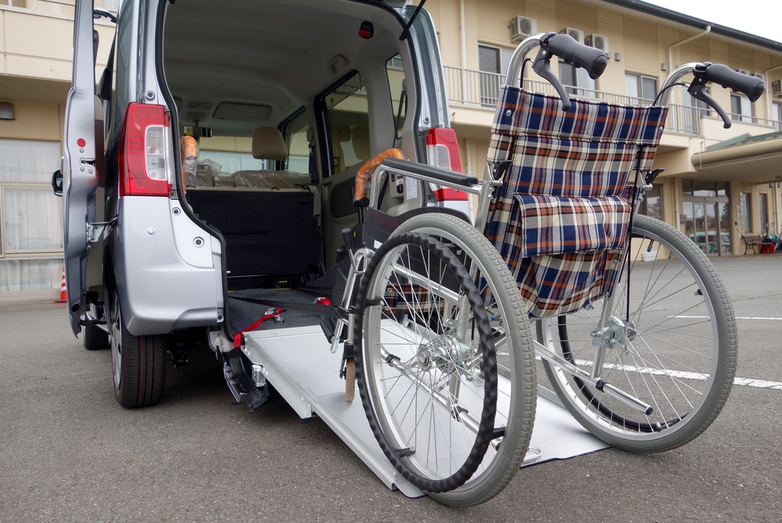Cost Effective and Accessible Medical Transportation Options for each Situation
In the realm of medical care, the capability to accessibility clinical solutions is vital, yet the obstacle of inexpensive and easily accessible transport can frequently impede people from obtaining necessary treatment. While some might have the methods to secure personal transportation, lots of face obstacles that make it tough to get to clinical consultations or facilities. The landscape of clinical transport choices is developing, offering an array of options tailored to different needs and circumstances. By discovering specific clinical transport solutions, neighborhood transport programs, ride-sharing and taxi services, non-emergency clinical transport, along with public transit and paratransit choices, individuals can discover avenues that deal with their particular needs and ensure they obtain the treatment they need.
Specialized Medical Transportation Provider
Specialized clinical transport services play an essential role in ensuring secure and reliable transport for individuals requiring specialized treatment throughout transit. These solutions accommodate individuals with special medical needs, such as those requiring consistent surveillance, customized devices, or medical interventions during transport. By making use of specifically equipped lorries and skilled clinical personnel, specialized clinical transport solutions guarantee that patients obtain the needed care while being carried in between medical care centers, residences, or other areas.
One secret element of specific medical transportation services is the concentrate on person convenience and security. Clinical transport groups are trained to handle various clinical conditions and emergencies that may emerge throughout transit, providing a greater degree of care than standard transport options. Furthermore, these solutions often offer door-to-door support, reducing the tension and discomfort that patients might experience throughout transfers.
Community Transportation Programs
Having attended to the crucial duty of specific medical transportation solutions in making sure risk-free and efficient transport for individuals with unique clinical needs, the emphasis now changes to checking out Neighborhood Transport Programs - medical transportation. These programs play a crucial role in supplying affordable and easily accessible transportation options for the general population, consisting of seniors, individuals with disabilities, and low-income family members who might encounter obstacles in accessing conventional transport options
Area Transport Programs include a series of solutions such as fixed-route buses, paratransit services, volunteer chauffeur programs, and ridesharing efforts. These programs are commonly supported by city governments, non-profit organizations, or personal business to make sure that people have trusted transport alternatives to get to clinical visits, grocery store stores, social activities, and other important destinations.
Ride-Sharing and Taxi Services

One of the essential advantages of ride-sharing and taxi services is their access. These solutions run 24/7, permitting people to take a trip to medical appointments, pharmacies, or healthcare facilities at any kind of time of the day. Additionally, ride-sharing and taxi solutions provide to individuals with movement challenges by using wheelchair-accessible automobiles upon request.
Additionally, ride-sharing and taxi solutions can be specifically helpful for people residing in areas more information with limited mass transit choices. By connecting the gap in between home and healthcare centers, these services play an This Site important role in ensuring that everybody has access to crucial clinical services.
Non-Emergency Medical Transportation

Non-Emergency Medical Transport carriers generally utilize experienced employees that are experienced in assisting individuals with varying medical requirements. By supplying door-to-door service, Non-Emergency Medical Transport enhances the general availability of medical care for people that might or else have a hard time to attend important clinical consultations.
Public Transportation and Paratransit Options
Public transportation and paratransit choices use necessary transport services for individuals with varying flexibility needs, ensuring access to important destinations such as clinical centers and visits. Public transit systems, consisting of buses, trains, and trains, offer an affordable and commonly available mode of transportation for people seeking to get to clinical visits. These services are specifically beneficial for those continue reading this that might not have access to exclusive automobiles or need assistance because of mobility obstacles.
Paratransit solutions cater particularly to people with handicaps who are not able to utilize typical public transport. These solutions supply door-to-door transportation, fitting people with mobility devices, pedestrians, or various other wheelchair help. Paratransit vehicles are outfitted with features such as wheelchair ramps and securement systems to make certain the safe and comfortable transportation of passengers with varying wheelchair needs.

Conclusion
